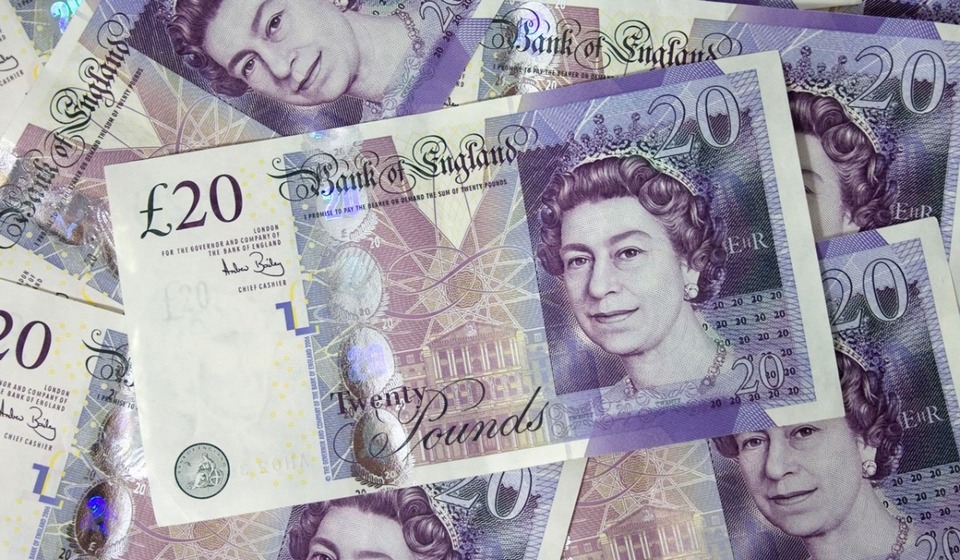 If there were any British tourists in Thailand, they would be rejoicing that the UK currency broke the 41 baht barrier on August 21, about two baht higher than the average spot rate for the year.
If there were any British tourists in Thailand, they would be rejoicing that the UK currency broke the 41 baht barrier on August 21, about two baht higher than the average spot rate for the year.
The rise in the pound appears to have more to do with UK news than with Thai weaknesses. UK retail sales receipts surprisingly rose year on year and convinced the foreign exchange markets that there is a pickup in the British economy. The weakness of the US dollar, fuelled by a lack of near-term consumer confidence in American households and concerns about the coronavirus pandemic also helped.
However, sterling’s success could be short-lived. The UK’s rising inflation, poor employment figures and doubts about its economic sustainability during the global pandemic remain a concern. Public debt in the UK is now above two trillion pounds for the first time and tax revenues are falling.
A big question mark hangs over UK-EU negotiations about a future trade agreement. Nobody expects a detailed blueprint but foreign exchange markets are still expecting a bare-bones compromise. If even that fails to surface, then the negative implications for sterling will be awesome. The markets have not yet priced in a no-deal outcome.
Thailand meanwhile still has a current account surplus, thanks to lower imports, and substantial foreign exchange reserves. The country’s gross domestic product is down 12 percent in the period April to June and likely to average 8 percent for the whole year. This reflects the near-total ban on foreign tourists during the Covid-19 crisis. But Thailand’s success in controlling community transmission of the virus is a plus in the currency markets.
According to Bloomberg, the Thai baht is the 10th most frequently-used currency in the world payments system. The UK pound is the fourth most popular traded currency and the third most commonly held reserve.
 |
 |
 |





